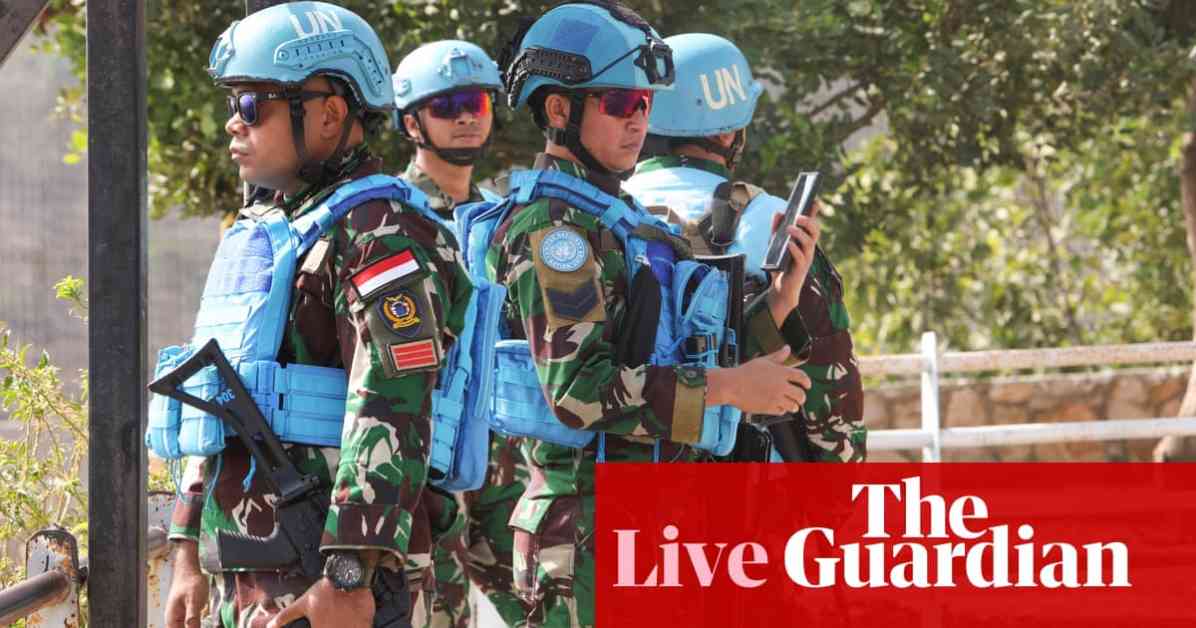The United States has announced that it will be sending an antimissile system to Israel along with a crew of U.S. military personnel to operate the system. This decision comes in response to Iran’s recent attacks against Israel on April 13 and October 1. The Pentagon press secretary, Maj Gen Pat Ryder, stated that this move is to help bolster Israel’s air defenses and shows the U.S.’s commitment to defending Israel from further ballistic missile attacks by Iran.
This deployment marks the third THAAD system to be sent to the region, with previous deployments occurring in 2019 after Hamas attacks on Israel. The U.S. is making adjustments to support Israel’s defense and protect Americans from Iranian threats.
In the midst of these developments, Palestinian civilians and aid workers in Gaza are expressing concern that the bloodshed in their region is being overshadowed by the conflict in Lebanon. As Israeli bombs continue to fall in Lebanon, the people of Gaza are experiencing similar pain and loss. The ongoing violence in Gaza has resulted in numerous casualties, including the recent deaths of five children in a drone strike.
Former President Donald Trump has spoken out in support of Israeli Prime Minister Benjamin Netanyahu, emphasizing the need to address the actions of groups like Hamas and Hezbollah that perpetuate violence in the region. Netanyahu has also called for the evacuation of UN peacekeepers from combat areas in Lebanon, citing concerns that they are being used as “human shields” by Hezbollah.
Italian Prime Minister Giorgia Meloni has condemned the attacks on UN peacekeepers in Lebanon, reiterating the importance of upholding international norms and promoting de-escalation in the region. The situation in Lebanon remains tense as Israeli forces widen their raids into northern Gaza and focus on military and energy sites in Iran.
As the conflict continues to unfold, concerns are raised about the humanitarian impact on the region, with fears of rising hunger and malnutrition rates in Lebanon. The international community, including the African Union and UN member states, is expressing support for UN Secretary-General António Guterres in the midst of escalating tensions.
The situation in the Middle East remains fluid, with ongoing military operations and airstrikes affecting civilian populations in Gaza, Lebanon, and beyond. The need for dialogue, de-escalation, and humanitarian assistance is paramount as the region grapples with the consequences of conflict and violence.












